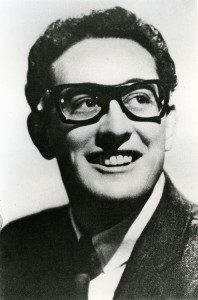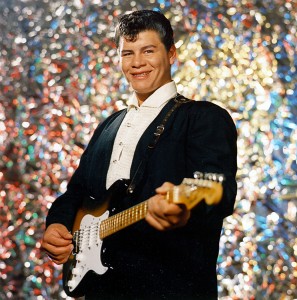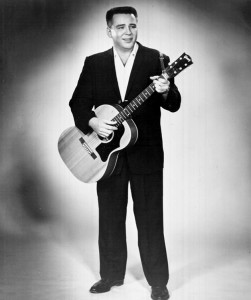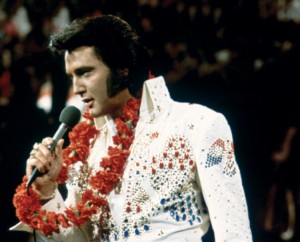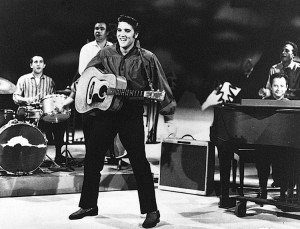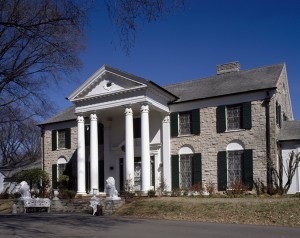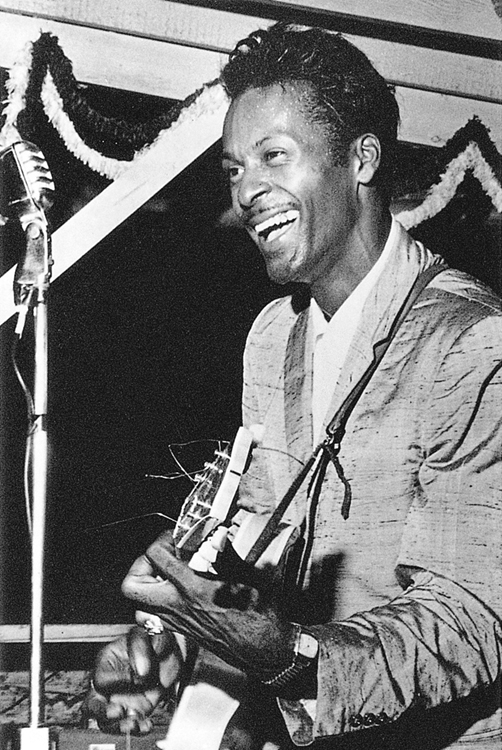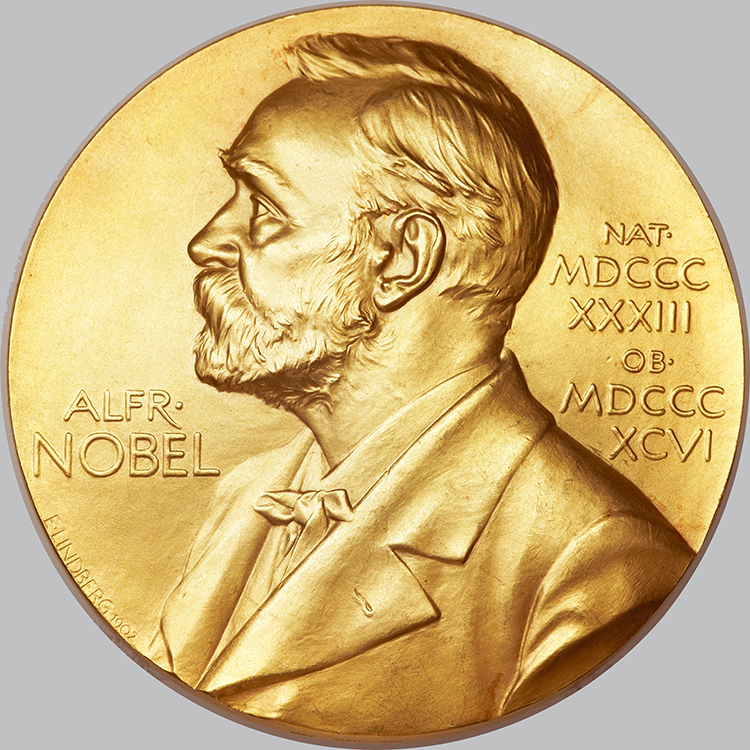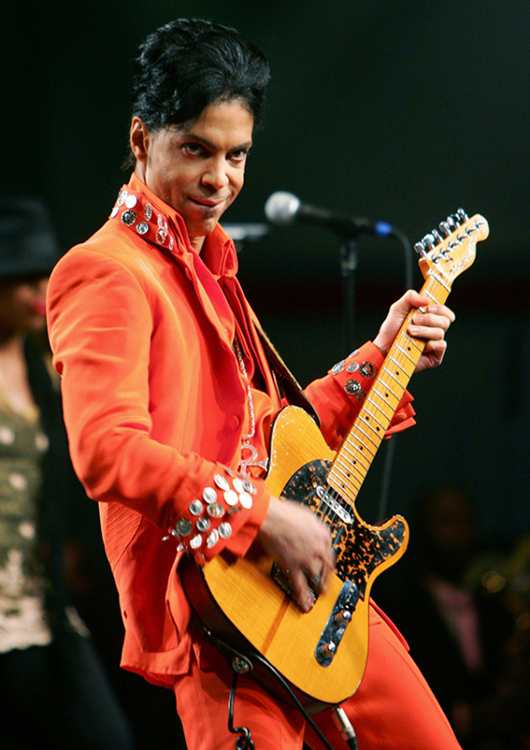LGBTQ+ Pride Month: Freddie Mercury
Monday, June 21st, 2021June is LGBTQ+ Pride Month. All month long, Behind the Headlines will feature lesbian, gay, bisexual, transgender, and queer or questioning pioneers in a variety of areas.
As COVID-19 restrictions are lifted, many people are returning to sporting events. While fans cheer for their teams and order hot dogs from their seats, they will sing such classic songs as “We Will Rock You” and “We Are the Champions.”
These sporting-event anthems were recorded by the rock group Queen, which gained popularity in the 1970’s and 1980’s. Leading this band—just as a captain leads a sports team—was the British rock singer, songwriter, and musician Freddie Mercury (1946-1991). He was known for his soaring, operatic vocals and theatrical stage presence.
Mercury was born on Sept. 5, 1946, in Zanzibar, to Parsi parents from India. His real name was Farrokh Bulsara. He was given the nickname Freddie while attending a British boarding school. Around this time, he began taking piano lessons. He later played in rock and roll bands. In 1964, Bulsara’s family moved to Middlesex, England.
In the late 1960′s, Bulsara attended Ealing Art College in London. Around this time, he befriended several musicians in a local band called Smile. They were lead singer and bassist Tim Staffell, guitarist Brian May, and drummer Roger Taylor. Inspired by the group, Bulsara began singing and playing piano with several rock groups. He joined Smile as lead singer after Staffell left the group. In 1970, encouraged by Bulsara, the group changed its name to Queen. Soon after, Bulsara changed his last name to Mercury. Bassist John Deacon joined the group in 1971.
The group’s first album, Queen, was released in 1973. The albums Queen II and Sheer Heart Attack were released in 1974. The group’s third album, A Night at the Opera (1975) was a breakthrough for the group. It featured the huge hit “Bohemian Rhapsody,” written by Mercury. It has been called one of the greatest songs in rock and popular music. The song is a six-minute musical suite, containing several movements, including a piano ballad section; a layered, operatic vocal passage; and a charging, hard rock segment. A groundbreaking promotional music video accompanied the song’s release. Years before the era of MTV, when music videos became commonplace, Queen’s “Bohemian Rhapsody” video greatly added to the song’s popularity.
Queen combined hard rock and flamboyant (showy) “glam” rock with layered guitars and intricate vocal harmonies. Queen’s many hits include “Bicycle Race” (1978); “Don’t Stop Me Now,” “Killer Queen,” and “You’re My Best Friend” (all 1979); “Another One Bites the Dust” and “Crazy Little Thing Called Love” (both 1980); “Somebody to Love” (1981); “Under Pressure” (with the British singer David Bowie, 1981); and “I Want to Break Free” and “Radio Ga Ga” (both 1984).
Mercury also performed as a solo artist. He recorded the albums Mr. Bad Guy (1985) and Barcelona (1988). He also recorded a number of singles, including “Time” (1986) and “The Great Pretender” (1987).
Mercury died of complications from AIDS on Nov. 24, 1991. Queen was inducted into the Rock and Roll Hall of Fame in 2001.


